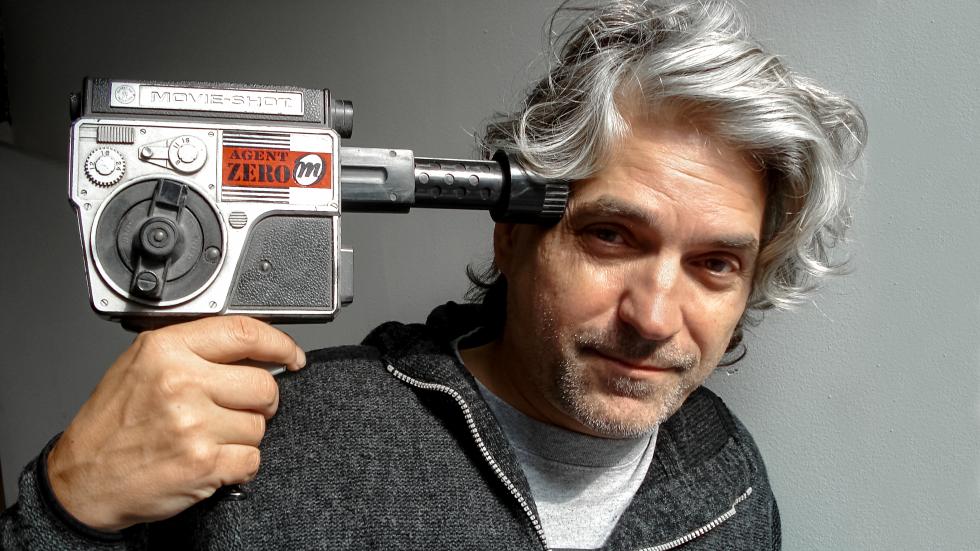The filmmaker Lech Kowalski has shared his opinions about the contemporary non-fiction in a coffee with the audience at the Seville Festival.
The London Lech Kowalski presents in the non-fiction section of The New Wages his film Blow It to Bits, where he takes the position of a witness filmmaker of a collective movement of resistance, in this case, of a group of labourers who struggle after their dismissal in a Renault’s factory. According to Kowalski, there is something clandestine in this type of protests: “There is a problem in democracy, it seems it is not allowed to film these disputes”.
For the director, the importance of the movements consists in the joint struggle, in the union of labourers against the power. The director clarifies: “I have tried to show some support to the leading roles. There is not only one leader, the importance is the collective, although it follows the individual during the story”.
His story is born from the discontent, “from the anger”, as he explains: “It is my motivation to film”. “When I immerse myself among these labourers, what I felt the most was their frustration since they did not have someone to turn to, after working at the same place for 30 or 40 years, they were fired without any direct consequences”.
Nevertheless, Kowalski does not deepen in unhappiness, he does not victimise the labourers. He explains: “I did not want to go to anybody’s home to show their misery, I did not want a pornographic vision of the life of those people”. However, that is not the most widespread perception, because most of the media in France took another approach: “The media always wanted to look for sensationalism, to go into their homes and show the workers as simple labourers, instead of treating them as human beings”. According the director memories, “the story was on television and the treatment was horrible, the media is not interested in showing another thing since they are controlled by power”.
Kowalski, of immigrant parents displaced during the World War II, he was raised in the Unites States, although he was born in London. During secondary school, he started to film in super 8, at the School of Visual Arts in New York, while he was working to make a living. He started in the film industry as assistant of Tom Reichmann, and he also made disparate works: from pornographic films to be the assistant of Shirley Clarke. In the last 70’s, he got into the punk scene and did the tribute film D.O.A. (1981), about the Sex Pistols. Later, he also portrayed the hip-hop scene in his short film Breakdance Test, and also other films such as Gringo, about the artistic scene and the drugs in the Lower East Side, and Rock Soup, about a soup kitchen. In 1991, he did the film about the punk musician Johnny Thunders Born to Lose (the last rock and roll movie). In the last 90’s, he comes back to Spain and does the Polish trilogy The Fabulous Art of Surviving. In the 2000, his films have been divided into punk and social struggles, doing as well as some experimental and performative projects. His last films are Holy Field Holy War (SEFF 2013), I Pay for Your Story (2017) and Blow it to Bits, released in the Quinzaine des Réalisateurs in Cannes.







